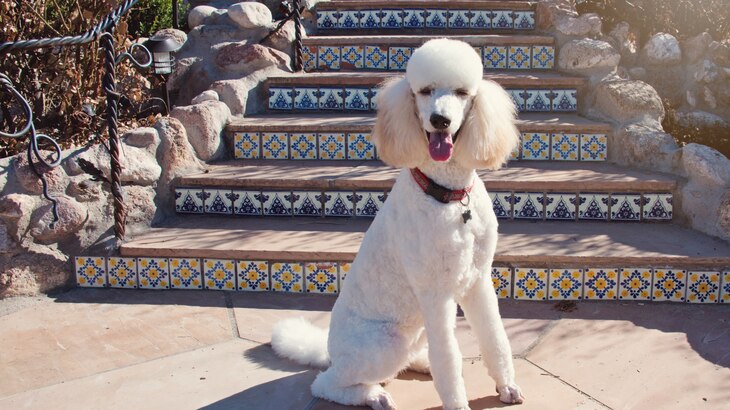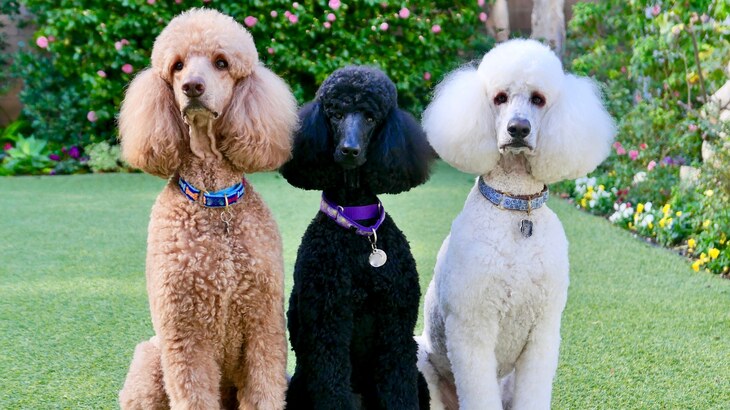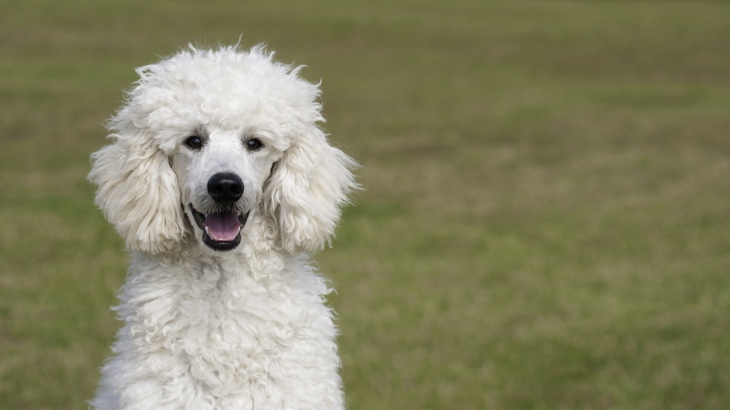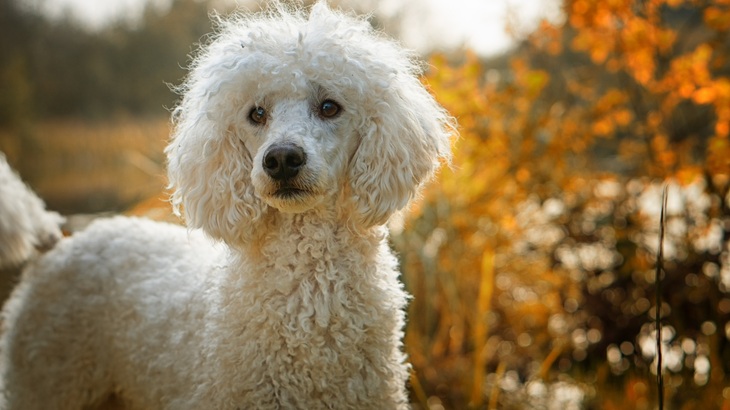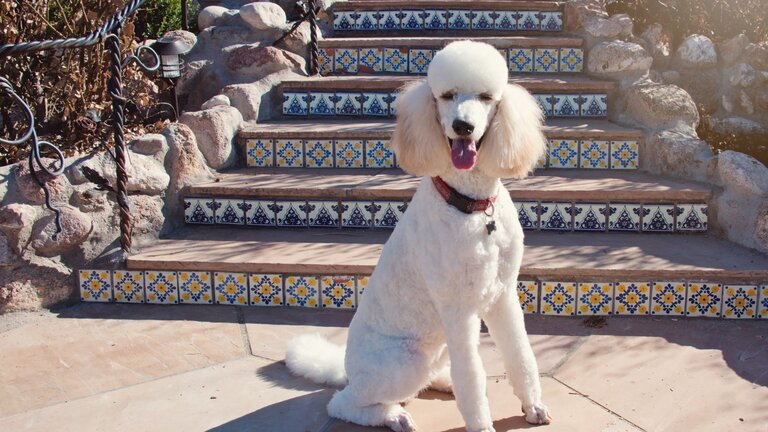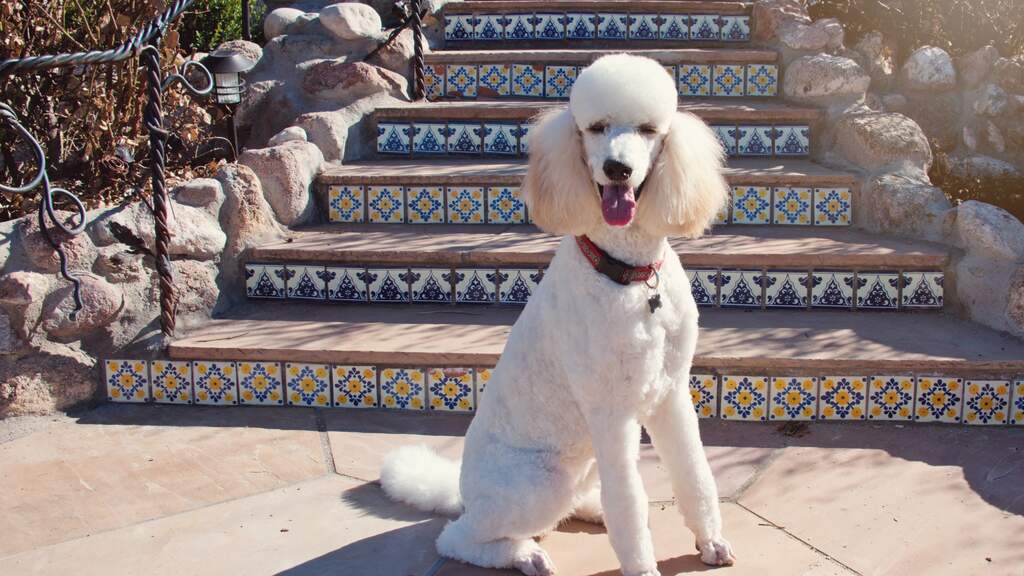Deciding whether to adopt or purchase a Medium Poodle puppy involves weighing options that affect your budget, expectations for health, and support. Purchasing from a breeder often offers clear insights into the puppy's lineage and health background, while adoption provides a chance to give a home to a dog in need. Each option has unique benefits and factors to consider to find what suits your lifestyle best.
| Criteria | Buying from Breeder | Adopting from Shelter/Rescue |
|---|---|---|
| Cost | Typically higher, reflecting pedigree and breeding costs. | Generally lower fees that cover vaccinations and spay/neuter. |
| Health History | Detailed records and genetic screening often provided. | Health background may be limited; basic checks usually done. |
| Age Availability | Usually puppies, allowing early bonding and training. | Wider age range, including adults who may need homes. |
| Temperament Insight | Breeders can share info based on lineage and parents. | Shelter staff provide behavioral observations; full history may be unknown. |
| Supporting Practices | Supports selective breeding; choosing ethical breeders is important. | Supports animal welfare by rescuing dogs and easing shelter populations. |
| Ethical Considerations | Concerns about breeding practices; requires careful breeder choice. | Giving a home to a dog aligns with rescue and humane values. |

